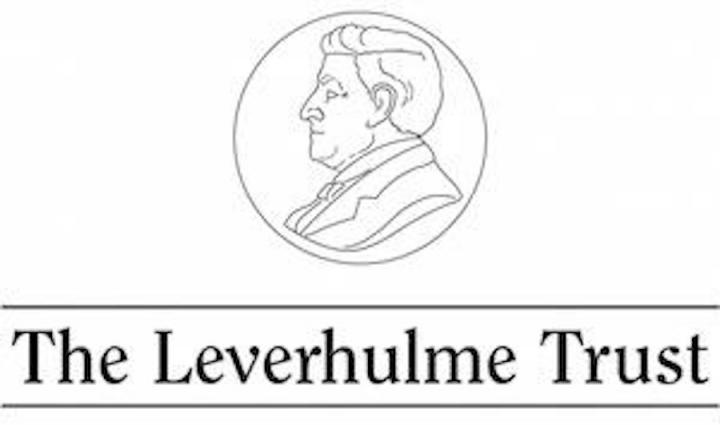The Leverhulme - Global Academies Perfect Storm seminar series
The Perfect Storm scholars, currently five PhD students funded by the Leverhulme foundation and affiliated to the Global Academies, started their seminar series at the beginning of this year.

The series tackles themes related to justice, health, development and the environment. It provides a platform for interdisciplinary discussions with academics and practitioners around the global challenges that make up a 'Perfect Storm', a term to describe increasing competition for food water and energy in a time of rapid population growth and climate change.
The series will discuss the political and social implications of uneven distribution and insecurity of key resources at a global scale.
For the inaugural seminar Dr Jessica Duncan from Wageningen University in the Netherlands gave a presentation and led a discussion about the global governance of food security. On the Perfect Storm Scholars website, you can find a summary of the seminar and a podcast with the speaker.
Perfect Storm Scholars Website
In March we had our second seminar with Dr Jacquetta Lee from the Centre for Environmental Strategy at the University of Surrey. She reflected on the dynamics of multi-disciplinary research projects in the area of sustainability. Prior to a lively discussion, she discussed what has worked in her experience with this type of research, and, more importantly, what lessons have been learned when things have not worked out as planned.
Our next seminar takes place in the afternoon on the 26th of April. Diana Mitlin, professor in global urbanism at The University of Manchester will join us. She will talk about changing patterns of water access and accumulation in the Global South. In her presentation she addresses the following question: How are water utilities responding to the conflicting demands of water management and what does this tell us about the changing ways in which informal settlements and their residents are perceived? An invitation will follow.

